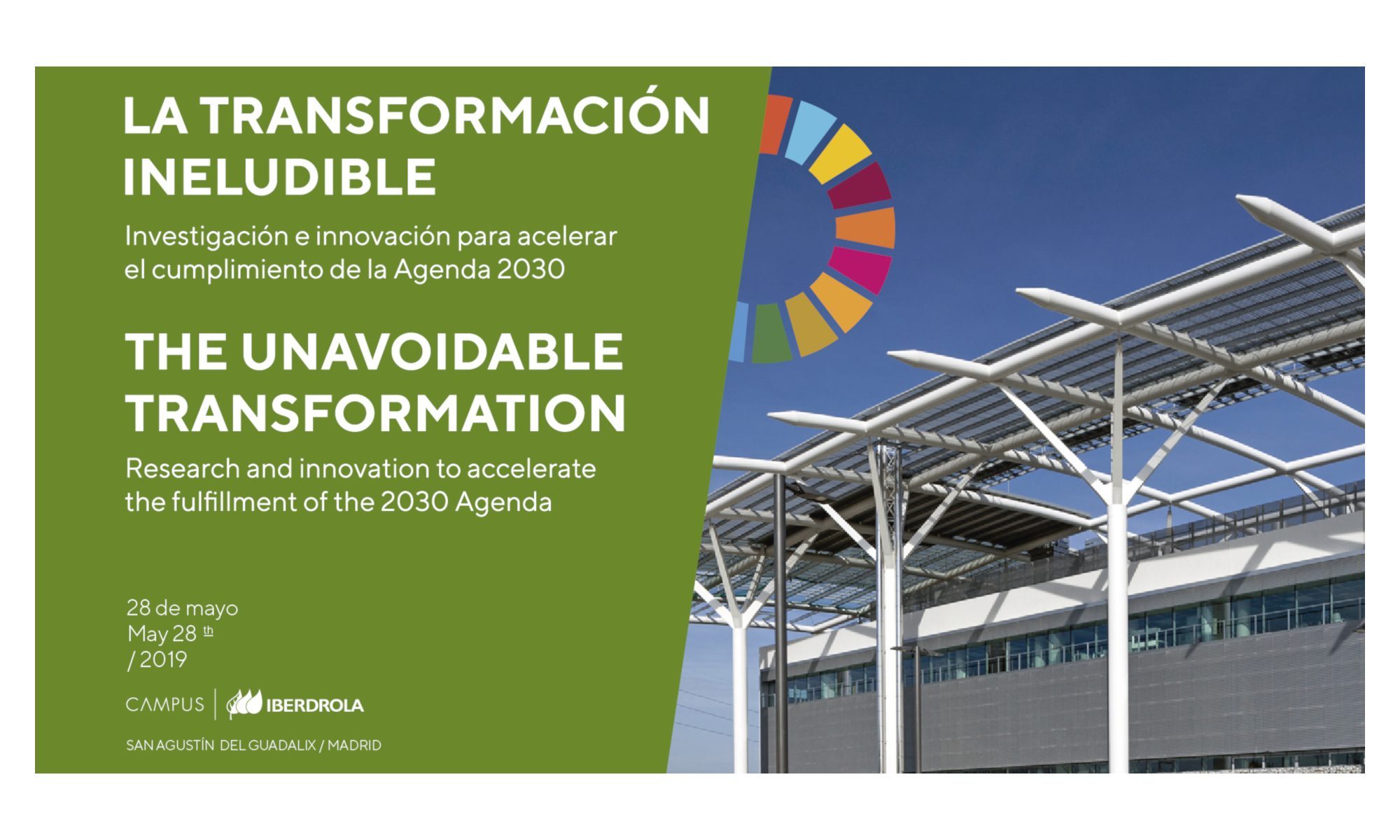The hope that future generations will have better lives than we do is ingrained in the human condition. Science, human rights and our ability to overcome obstacles have allowed our societies to make progress throughout history, always advancing despite difficulties and temporary setbacks along the way. Over the past seventy years, this progress has accelerated dramatically, driven mainly by access to democracy, education, health and technology. Never before has our planet seen levels of collective prosperity comparable to those of today. Never before have there been so many opportunities to extend a helping hand to those who have been left behind.
Unfortunately, our road is running along the edge of an abyss. Our inability to implement models of economic development compatible with the natural boundaries of our planet is threatening to push us beyond the point of no return. The crisis of forced displacement and the announcement of the sixth mass extinction of non-human species are the most recent manifestations of a crisis we ourselves have brought about, in which global warming, demographic imbalances and predatory hoarding of natural resources come together in a perfect storm, threatening everything we have built and putting a brake on future progress. This process, which to some extent is irreversible, disproportionately punishes the most vulnerable countries and populations on the planet.
The 2030 Agenda was developed to address these problems and to instigate a change in direction. The scientific and political narrative of the Sustainable Development Goals (SDG) calls for collective transformation to secure our common future on the basis of shared rights and responsibilities. It calls for a new social and ecological contract that transcends the old dilemmas—between North and South and between economic prosperity and the health of our planet—because in both cases the success of one is inevitably linked to that of the other. In the face of the challenges of the 21st century, we will survive or sink together.
The agenda is ambitious, but we have a plan to help us achieve these goals. Its success will depend on an intellectual, political and ethical effort, which, to date, has not been sufficient. It is a grim twist of fate that the SDG came into being during a period mired in an economic recession and characterised by ideological regression and information distortion. Nevertheless, it would be irresponsible of the international community if, in spite of the overwhelming warning signs, our leaders should persist in limiting their action to a tactical game that clearly sidesteps the issues that really matter.
At this time, when a third of the period assigned for the implementation of the 2030 Agenda has already elapsed, we should carefully consider our next steps. The challenge is simple and pressing: to accelerate the process through a determined strategy aimed at applying and scaling up the solutions that are already in our toolbox. A strategy that will have to be both disruptive and daring. But it is naive to suppose that the status quo does not represent a massive risk; in fact, there is no turning back from the place we are striding towards.
This is the message of the meeting held today in Madrid, which brought together the public and private sectors, activists, academics and policy makers, young and old. With one voice, we issue a call to our societies: let us unite and transcend our differences, let us create, question, experiment, fail, and move forward together. But let us make sure not to take our foot off the accelerator if we want humanity to have a future. We owe it to ourselves and we owe it to our children.
In San Agustín de Guadalix (Madrid), 28 May 2019

